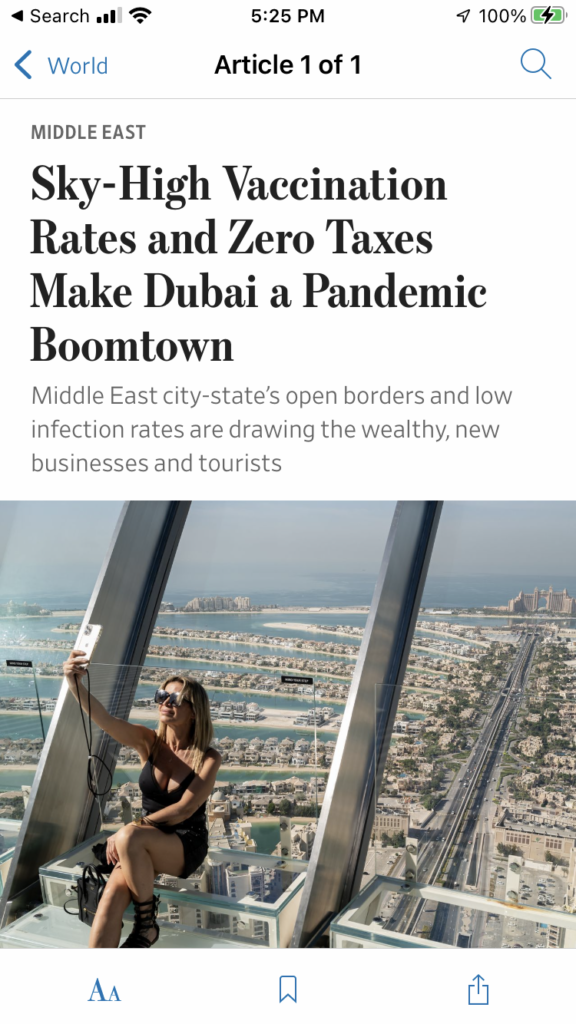Because a huge chunk of this writing exercise has been tagged under “emotional work” I’ve had the good fortune of chronicling much of my emotional growth this year. A huge theme? Learning to love myself. I know, it’s pretty core stuff. You are probably working on the same thing as me. Just because it’s fundamental doesn’t mean it’s easy!
My favorite coping mechanism is working harder. Didn’t get what I wanted? It’s my fault. Maybe if I’d put in make work I would have! I’ve got a whole circle of abuse I pour on myself. It’s always my responsibility if something didn’t work out. Not happy? Time for self improvement. It’s rarely occurs to me that I should simply accept myself and that sometimes things simply don’t go my way. I don’t seek out self improvement for the joy of it. I do it to punish myself.
I’m terrified of letting go of my coping mechanisms. If I was good enough I would have felt loved as a child. This is a horrible inner child logic that I’m applying to myself. As if an infant deserves love because of its efforts. We love our children just for existing. And yet I struggle to express love for my own inner child.
If I stop using hard work as a coping mechanism I am afraid I’ll never be accepted again. If I let it loop even further I am afraid I will die. Because I fear I only overcame my health issues because I throw so much effort into recovery. I am afraid it is only through effort, punishment and improvement that I deserve to be in this world. Any wonder I find Calvinism appealing as a faith?
I tell myself these are rational coping mechanisms. The world does reward me for hard work and continual efforts towards improvement. I pay my bills through hard work. And sure if I don’t pursue basic healthy habits and fitness then yes I probably won’t feel as well. But these arguments are just an excuse to keep myself from accepting that I’m worthy as a human independent of my work or my health. And because I have a hard time hearing this for myself I want you to know you are worthy just for being you too. Our humanity is enough.
